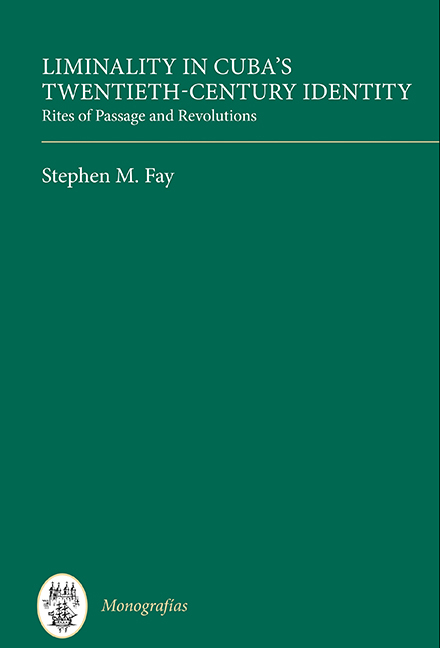Book contents
Chapter 4 - 1953: José Martí and Cuba's centennial conciencia
from PART II - 1953–1965
Published online by Cambridge University Press: 14 September 2019
Summary
At the beginning of 1952, under the auspices of the third successive democratically elected (if increasingly unpopular) president, Cuba celebrated its fiftieth independent year with a largely positive taking of stock. This blossoming sense of optimism was given a further fillip by the prospect of upcoming elections (to be held in July 1952) in which it was widely believed that the Partido del Pueblo Cubano, or Ortodoxos, led by the cousins Eduardo Chibás and Roberto Agramonte, would ride to victory on an anti-corruption platform. But disorder came to the fore once more with the return of coupmonger Batista, still in his civilian suit but bearing a striking resemblance to the cocksure colonel of a previous and unsavoury age, and the stock-taking began to be much less positive. How had Cuba managed to come so far from the malfeasance of the early 1920s and the violent and vengeful excesses of the early 1930s, only to fall prey once more (and seemingly without much of a fight) to the despotic designs of a brutish caudillo? Significantly, although declaring loyalty to the 1940 Constitution, Batista immediately suspended some constitutional guarantees (including the right to strike) and would go on (in April 1952) to introduce a new 275-article constitutional code that gave the executive the ability to suspend the rights of free speech, assembly and press without parliamentary consultation (Thomas 1971: 790). When the fiftieth independent year waned and 1953, the centenary of José Martí's birth, began, the psycho-social stage was once again set for an intense re-examination of selfhood. This second period of study opens, therefore, with another liminal moment in Cuba's collective rite of passage.
Although his writings and persona were largely unknown on the island until the Wars of Independence ended (due mostly to effective Spanish censorship), the exiled Cuban cigar workers of southern Florida had already baptised Martí ‘el Apóstol’. His apostolic example of political activism, poetic genius and self-sacrifice survived his premature death at Dos Ríos in 1895 and became intrinsic to Cuba's most cherished aspirations for itself in independence. For many, Martí was simply ‘lo mejor y lo más limpio que tenemos’, the very incarnation of the country's conciencia, ‘el corazón de nuestra patria’ (Sáenz 1953: 7–8).
- Type
- Chapter
- Information
- Liminality in Cuba's Twentieth-Century IdentityRites of Passage and Revolutions, pp. 103 - 124Publisher: Boydell & BrewerPrint publication year: 2019



